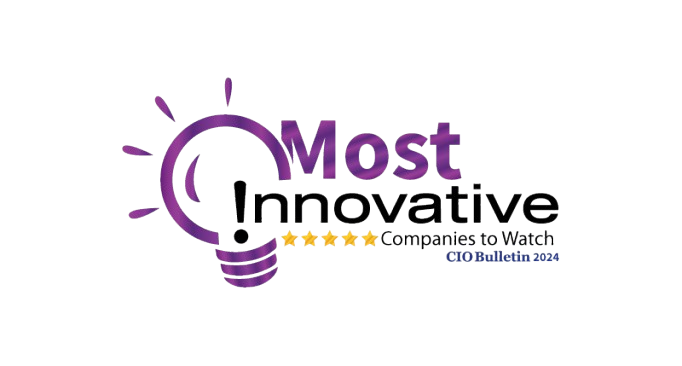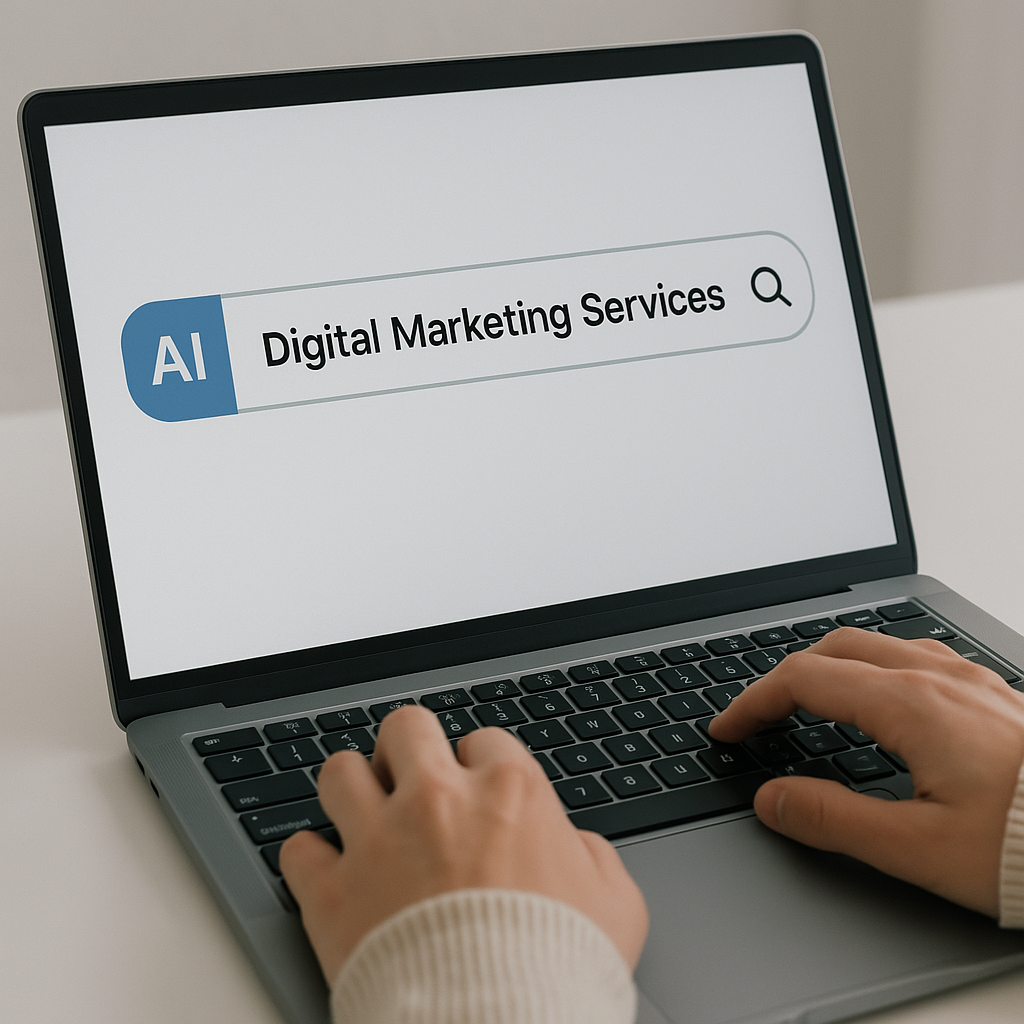Should I Hire An Agency Or Do In-house Marketing?
July 14, 2022
If you run a business, you cannot run away from marketing! You need marketing to stand out from the clutter, get an edge over your customers, and make your business more discoverable in the market. Marketing helps you reach out to your target audience, make them aware of your offerings, and persuade them to engage with your business.
While you cannot afford to avoid marketing in 2022, you can choose which path you are willing to walk on. There are two major ways in which you market your business – by hiring an in-house team or by hiring a marketing agency.
Businesses are often confused about the right choice to make when it comes to marketing offerings. Both marketing agencies and in-house marketing have their own pros and cons. Ultimately, you should go with the option that best suits your objectives and helps you attain your organizational goals.
Let us understand the difference between in-house marketing and hiring an agency in detail to help you make the right choice.
Understanding In-house Marketing
In-house marketing is the conventional way of building a team of marketers within your organization. It involves analyzing the needs of your company, defining different roles, preparing distinct job descriptions, and hiring marketing professionals for your company.
In-house marketing normally involves getting professionals on board for a long-term basis to whom the company pays a salary. Your in-house marketing team is a part of your organization and its association with your company does not have an expiry date. Getting such a team on board allows you to hire skilled professionals for creating and executing your marketing campaigns by working with each other in a team.
In-house Marketing: Pros
Here are some major benefits of hiring an in-house marketing team:
Better Knowledge Of Your Brand
As the association of your in-house marketing professionals with your organization is fairly long, they acquire more knowledge about your brand over time. This helps them take well-rounded marketing decisions for your company as they are aware of the inherent objectives, goals, intention, mission, and vision of the organization. Unless you are hiring new members, you wouldn’t need to brief your in-house marketing team about your company every time they work on a new project.
Better Accessibility
With an in-house marketing team, you generally have accessibility to all the professionals at your disposal. As your team works for your company, you can get in touch with the team members whenever you want to simply walking into the workplace and going to their respective desks.
100% Commitment
Companies often sign contracts with their marketing professionals when they are hired, ensuring 100% commitment from them. Once you have built an in-house marketing team, you can rest assured that it would not work for any other business but yours.
In-house Marketing: Cons
Let us now have a look at some major drawbacks of hiring an in-house marketing team:
Time-consuming Recruitment
One of the biggest issues with in-house marketing is that it often takes too long for building a team of professionals. Hiring a single employee often takes a lot of time for recruiters as they choose the right source(s), post job descriptions, scan resumes, shortlist candidates, and conduct interviews. As you are looking at long-term relationships, you cannot afford to take any chances when it comes to hiring in-house marketing professionals.
Expensive Management
The cost of managing an in-house marketing team is often considerably high as every professional needs to be paid a fixed amount of salary on a regular basis. This means that you may be required to pay your marketing professionals even for the days there is no work and no project in hand. Especially if you run an SME, this is likely to add undue pressure on your finances.
Moreover, in-house marketing also requires you to spend money on software, tools, and office space to provide your team with an ideal environment to work in. Working with dedicated marketing agencies often relieves you from purchasing these resources as they are expected to have a toolset with them.
Limited Reach
In most cases, businesses prefer hiring in-house marketing professionals hailing from the cities their offices are located in. This often limits your reach to look for suitable talent beyond conventional geographical boundaries.
Difficulty In Scaling
When you have an in-house marketing team, scaling the team to work on high-octane projects is often difficult as it would involve hiring more resources. In such cases, companies often team up with external marketing agencies for staff augmentation to get marketing professionals on board on a contractual basis.
Dealing With Employee Turnover
If you are hiring in-house employees, it implies that you may have to deal with employee turnover at some point in time. Employee turnover often slows down your business processes and hampers the smooth functioning of the marketing department until you have a new employee on board.
Time-consuming Orientation And Onboarding
In-house marketing asks for orientation and onboarding while hiring professionals for your organization. This prevents your team from starting their next project immediately.
Understanding Agency Marketing
Agency marketing involved hiring a dedicated marketing agency to handle your processes. There are several marketing agencies providing a range of different services to their clients. Depending on the projects you have at hand, the objectives you want to achieve, the marketing channels you want to target, and the customers you are willing to cater to, you can choose to hire a marketing agency that suits your requirements.
Here, you do not hire salaried employees. Instead, you deal with an agency as a whole on a contractual basis. The contract holds all terms and conditions relevant to the work to be done, including the project timeline, price to be paid for services, tools to be used, and objectives to be fulfilled. In most cases, the relationship of a marketing agency ends with its client once the project is completed.
Agency Marketing: Pros
Let us have a look at some of the major benefits of hiring a marketing agency:
Better Expertise
When you choose to work with a marketing agency, you would also hire an agency with a team of highly skilled and experienced professionals. Instead of getting individual employees on board, you get to work with a team of some of the most experienced marketing experts in the industry. This has a positive impact on the projects you work on and helps you get to your goals faster.
Cost-effective Approach
Working with a marketing agency is a fairly cost-effective approach as it does not require you to pay regular salaries to every professional working for you. Here, you pay the agency only for the concerned project and for a pre-decided period of time. This makes you save the money you would otherwise spend on paying in-house employees for the hours spent without working on any project.
Wider Reach
Organizations often do not mind working with trusted marketing agencies operating remotely or providing their services from across borders. Here, you are not restricted by geographical boundaries and can reach out to a wider range of professionals having the required skills.
Moreover, if you are working with a marketing agency that is providing you services remotely, you will not be required to spend a fortune on office infrastructure, software tools, and a range of other resources.
Specialized Services
Several marketing agencies around the world provide specialized services to their clients. If you are in need of professionals trained in a specific aspect of marketing, you can always hire a dedicated marketing agency specialized in one of the many facets of marketing,
including:
- Search engine optimization
- Social media marketing
- Email marketing
- Conversion rate optimization
- Content marketing
- PPC advertising
Multiple Cooperation Models
A marketing agency often provides you with a range of different cooperation models. Here, you can either choose to hire professionals to handle a complete project from scratch, get a dedicated team on board to handle a specific aspect of your marketing campaign, or go ahead with staff augmentation.
Agency Marketing: Cons
Here are some of the key drawbacks of hiring a marketing agency for your business:
Issues With Local Marketing
While agency marketing allows you to work with marketing professionals located anywhere around the world, it may cause difficulties in handling a local marketing campaign.
Lack Of Undisputed Commitment
A marketing agency works with a number of different businesses at the same time. You should go ahead with agency marketing only if you are okay with an agency not committing 100% to work only for your company.
Association With The Brand
As a marketing agency is not associated with its clients for a prolonged period of time, it may not find itself attached to the brands they are promoting. However, if companies manage to build healthy relations with the marketing agencies they work with, they can get them to promote their offerings with all their hearts!
In-house Marketing Vs Agency Marketing: Which Is A Better Option?
Your choice between in-house marketing and agency marketing should solely depend on the risks you are willing to take and the compromises you are willing to make. However, living in the age of digitization and cut-throat competition, companies often prefer working with dedicated marketing agencies as they offer them specialized services without the need to spend a fortune.
Featured Resources
Check Our Latest Resources

Proven ROI has been recognized as one of the Most Innovative Companies to Watch 2024 by CIO Bulletin—a testament to the company’s forward-thinking approach to CRM investments and strategic partnerships. By working closely with leading CRM platforms like HubSpot, Proven ROI is revolutionizing how businesses manage customer relationships, scale their operations, and drive growth.



